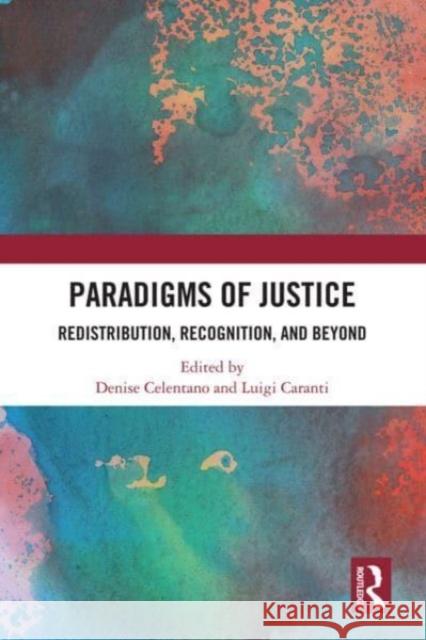Paradigms of Justice » książka
topmenu
Paradigms of Justice
ISBN-13: 9780367569211 / Miękka / 2023 / 286 str.
Paradigms of Justice
ISBN-13: 9780367569211 / Miękka / 2023 / 286 str.
cena 229,68
(netto: 218,74 VAT: 5%)
Najniższa cena z 30 dni: 196,40
(netto: 218,74 VAT: 5%)
Najniższa cena z 30 dni: 196,40
Termin realizacji zamówienia:
ok. 16-18 dni roboczych.
ok. 16-18 dni roboczych.
Darmowa dostawa!
This book studies the relation between the two key paradigms, redistribution and recognition, in the contemporary discourse on justice.











